Affiliate links on Android Authority may earn us a commission. Learn more.
What are the best Facebook alternatives in 2023?
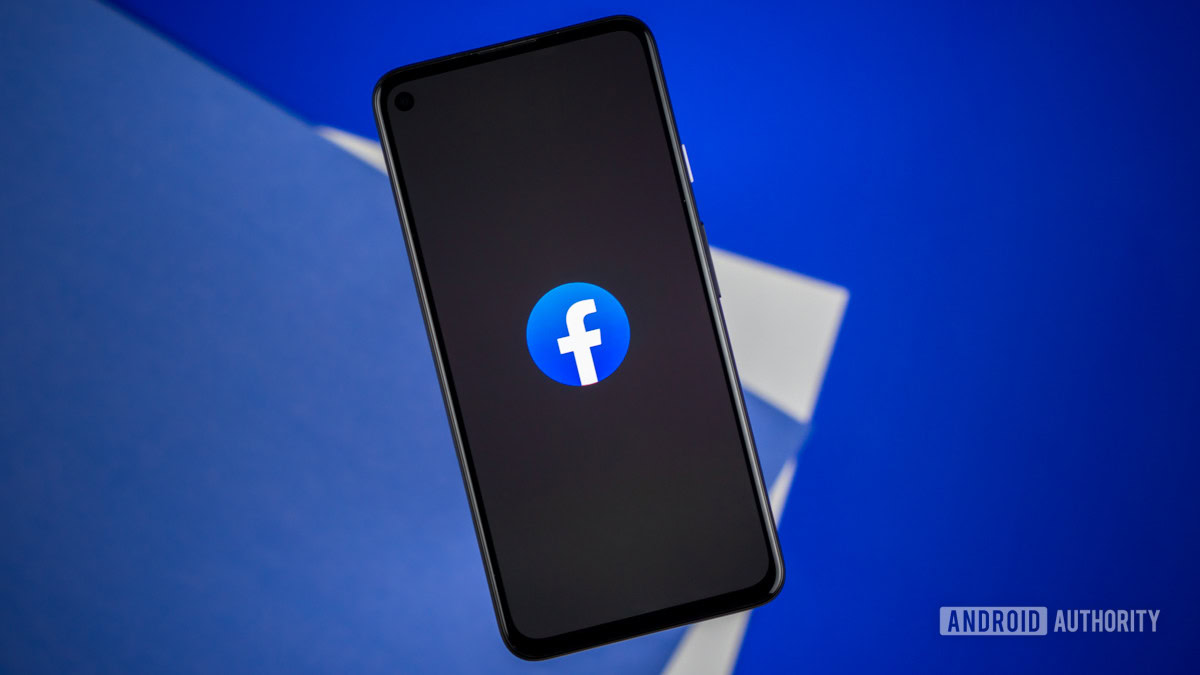
While the likes of Myspace and MSN Messenger were already around in 2004, the invention of Facebook that year changed the social media landscape forever. As of 2022, Mark Zuckerberg’s social network was the largest in the world, with nearly three billion users and about half that number using it every day. But many people have become disillusioned with the app and may wonder what other options are out there. We’ve dug into what Facebook does right, what it doesn’t do so well, and what the best Facebook alternatives are.
What makes Facebook so popular?
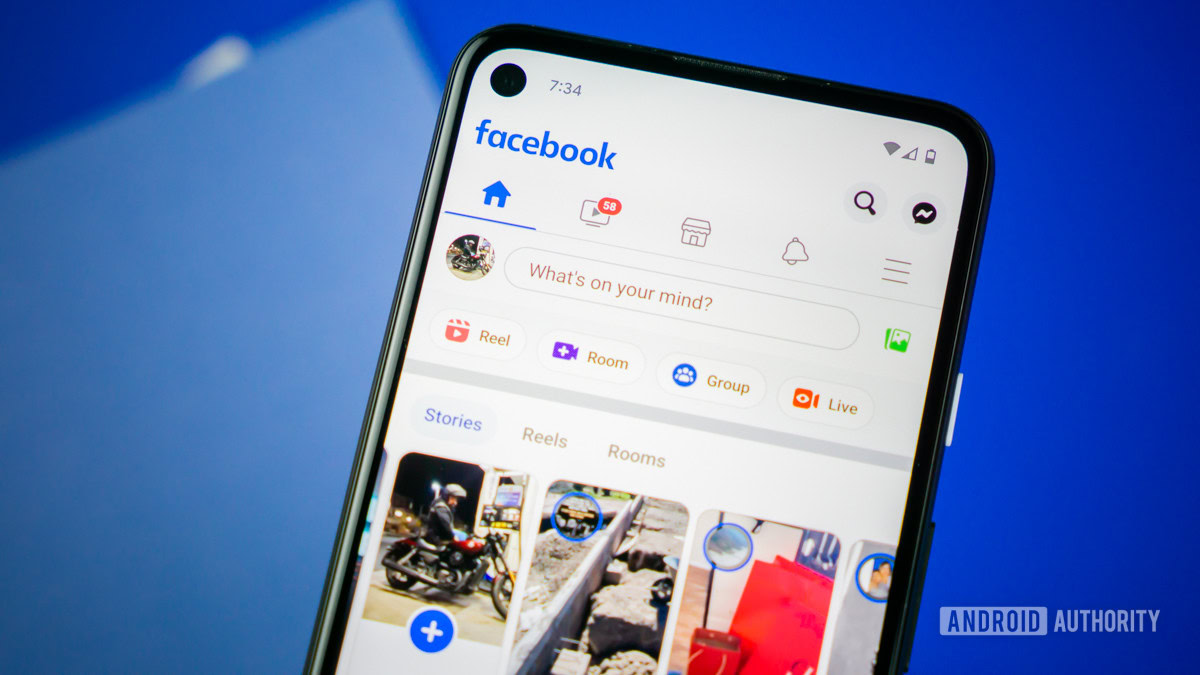
The most obvious reason for Facebook’s popularity is that everybody’s there. Its first-mover advantage among modern social networks meant that there was a long period in which there wasn’t much serious competition. This snowballed into a massive user base, which increased the likelihood of finding and connecting with friends, family, and acquaintances. This wide reach makes it easier to stay in touch and engage with a diverse network of people.
Facebook also offers event management features that enable users to organize and invite others to gatherings of all stripes. Users can create events, send invitations to specific individuals or groups, manage RSVPs, and communicate event details efficiently. Facebook groups are also a useful way to connect with like-minded individuals. If you move to a new area where you don’t know anyone, you can often use Facebook to find a group of people who share your interests and may even meet up locally.
Facebook groups are a useful way to connect with like-minded individuals.
Multimedia sharing is another big strength of Facebook. Unlike apps like Snapchat, photos and videos you upload to Facebook stay there forever. This allows you to document your life if you so choose, adding photos of every birthday and vacation to impress your friends. Those who have been on Facebook for many years could find that the photos and videos on the site date back further than their offline digital collection.
While it can quickly become an echo chamber, Facebook also offers a personalized news feed that presents content based on user preferences, interests, and connections. This feature allows users to discover relevant articles, videos, and updates from their network and other sources, facilitating engagement and interaction. This is a handy way to find out what’s going on among your friends, the people in your area, or in the world at large.
What doesn’t Facebook do so well?
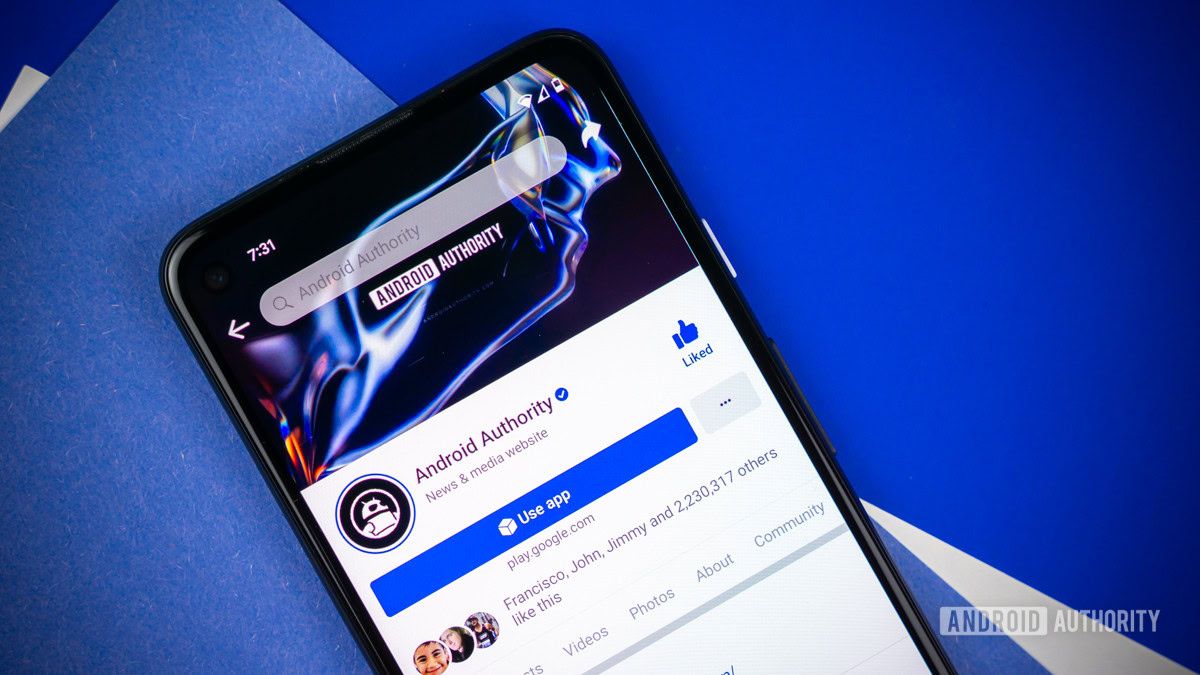
Over time, Facebook’s interface has become increasingly cluttered with ads, recommendations, and various features. This can lead to a crowded user experience, making it challenging to navigate and find specific features or settings. Adverts, in particular, can be very offputting, with the site driving huge revenues from this side of the business that obviously makes the sacrifice of the user experience worth it from a financial point of view.
Even aside from the ads and recommendations, the vast amount of content shared on Facebook can be overwhelming. Some users long for a clean timeline in which they’re only directed to relevant and high-quality content. But Facebook’s algorithms can prioritize popular or sensationalized posts, potentially diminishing the visibility of meaningful or lesser-known content.
Facebook's algorithms can prioritize popular or sensationalized posts.
It might come with the turf, but Facebook has faced criticism for privacy breaches and mishandling of user data. Users have expressed concerns about the platform’s data collection practices, targeted advertising, and sharing of personal information with third parties, leading to privacy-related issues and distrust among users. The platform has been the subject of several high-profile data breaches in the past, leading to the theft of millions of people’s private information.
While not exclusive to Facebook, the site has also faced criticism for its handling of toxic behavior, hate speech, and the spread of misinformation. Despite efforts to combat these issues, some users feel that Facebook’s content moderation and enforcement practices are insufficient and can result in negative experiences.
The best Facebook alternatives
If the good and bad points about Facebook have made you feel like trying an alternative, we’ll run you through some of your options here. We’ve highlighted in the headline what each site is particularly strong on. That’s not to say it’s necessarily the best option for those aspects, nor that the others don’t offer them, but they give you an indication of which might best suit you.
Instagram: Photos and lifestyle
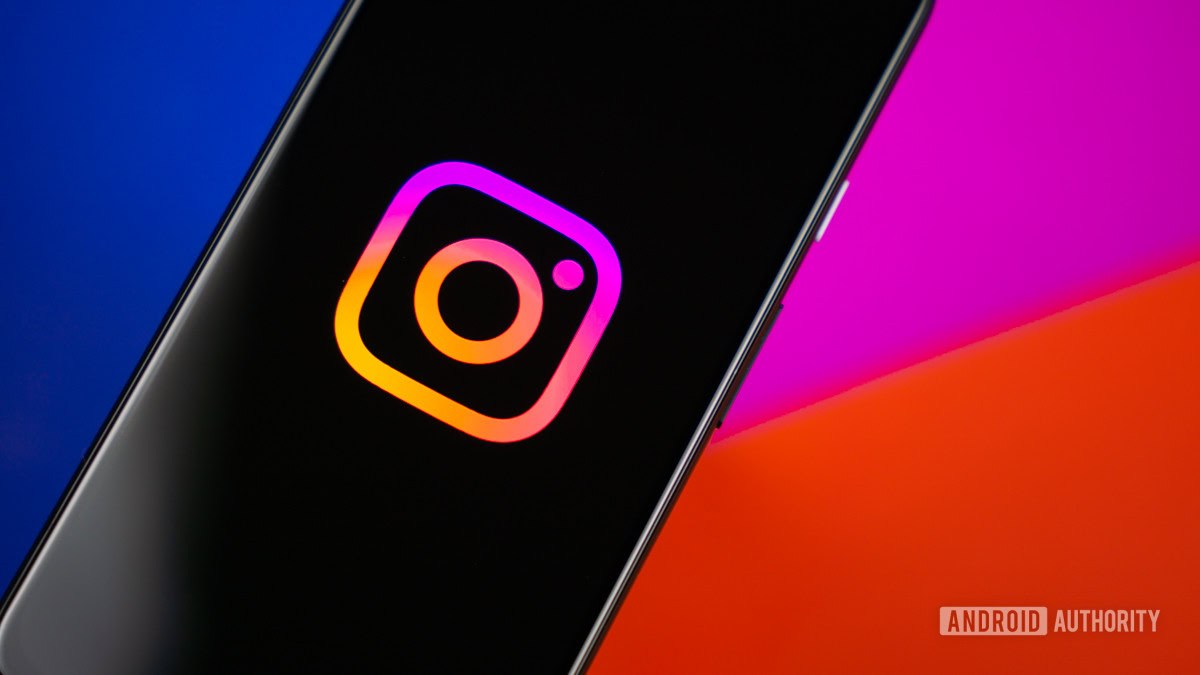
While under the same parent company as Facebook, Instagram is markedly different in approach and offers a cleaner user experience that is centered around sharing photos and videos. It provides users with a visually appealing and interactive environment to express themselves, connect with others, and discover new content. It attracts a diverse user base, including people interested in photography, fashion, travel, food, fitness, art, and various other niches.
Instagram is popular among users who enjoy visually engaging content and prefer a more curated and polished approach to sharing their experiences. If you see someone taking a picture of their meal in a restaurant, it’s probably about to get posted on the ‘gram. Influencers and content creators often leverage Instagram’s visual format to build their personal brands, engage with followers, and collaborate with brands for sponsored content.
If there’s a downside to the platform, the emphasis on visual aesthetics can create pressure to present an idealized version of one’s life. Just remember that Insta-life isn’t ever all that it seems.
TikTok: Videos and creativity
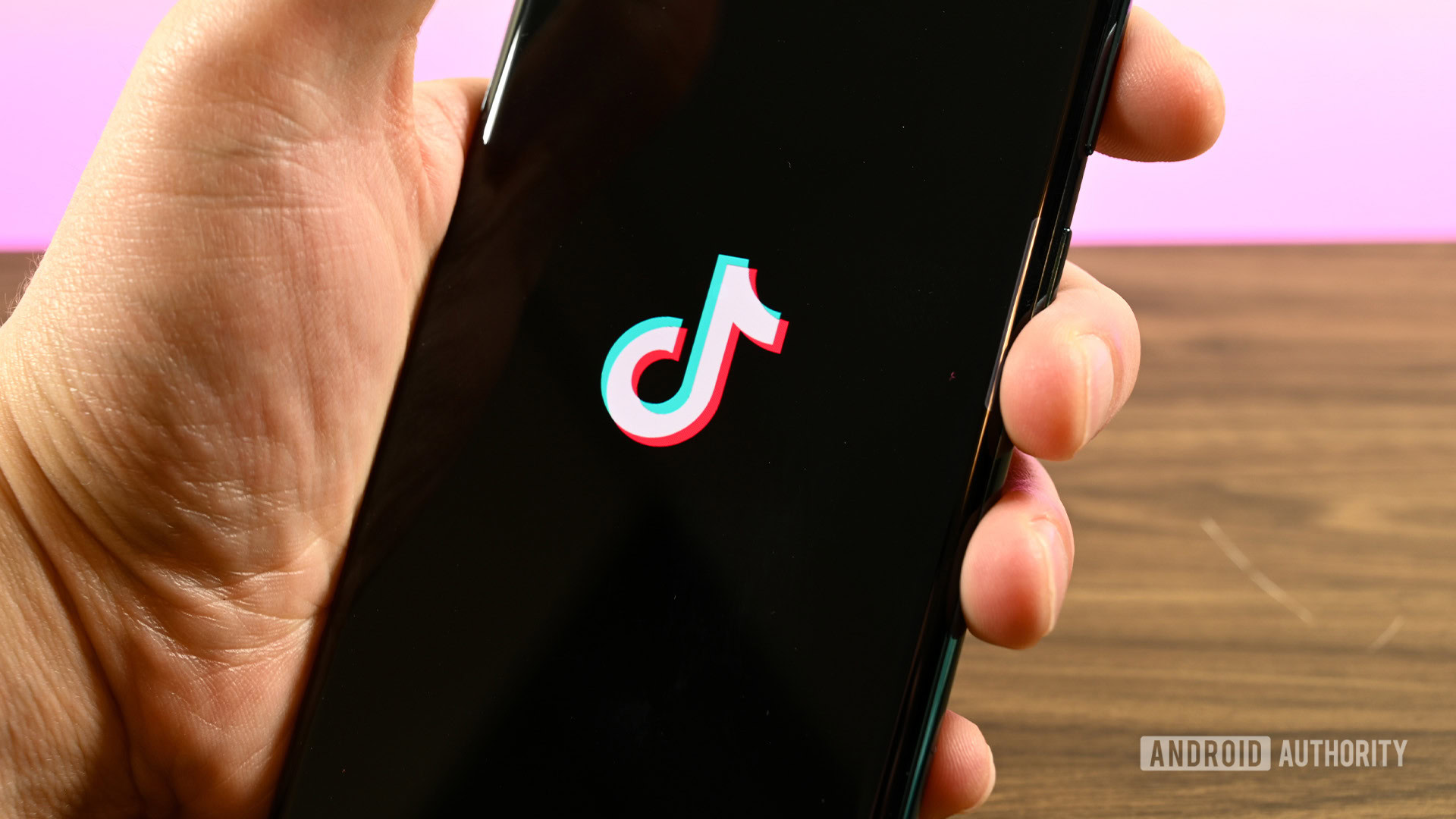
TikTok is centered around short-form videos. It allows users to create and share entertaining and creative content set to music, audio clips, or other sounds. TikTok has gained immense popularity, particularly among younger users, for its vibrant and engaging community of creators and its highly personalized recommendation system. It caters to those interested in various forms of creative expression, such as dance, comedy, lip-syncing, beauty, fashion, cooking, and more. TikTok also provides a platform for aspiring influencers and content creators to gain exposure and build a following.
TikTok’s algorithm analyzes user preferences, engagement patterns, and video interactions to deliver a highly personalized “For You” feed. This makes it easier for users to discover new content and creators that align with their interests. The platform’s emphasis on shareability and the potential for videos to go viral can provide rapid exposure for talented creators. But the algorithm can make it quite addictive, and it isn’t ideal for users seeking in-depth or long-form content, as the format prioritizes quick and engaging snippets.
Snapchat: Private messaging
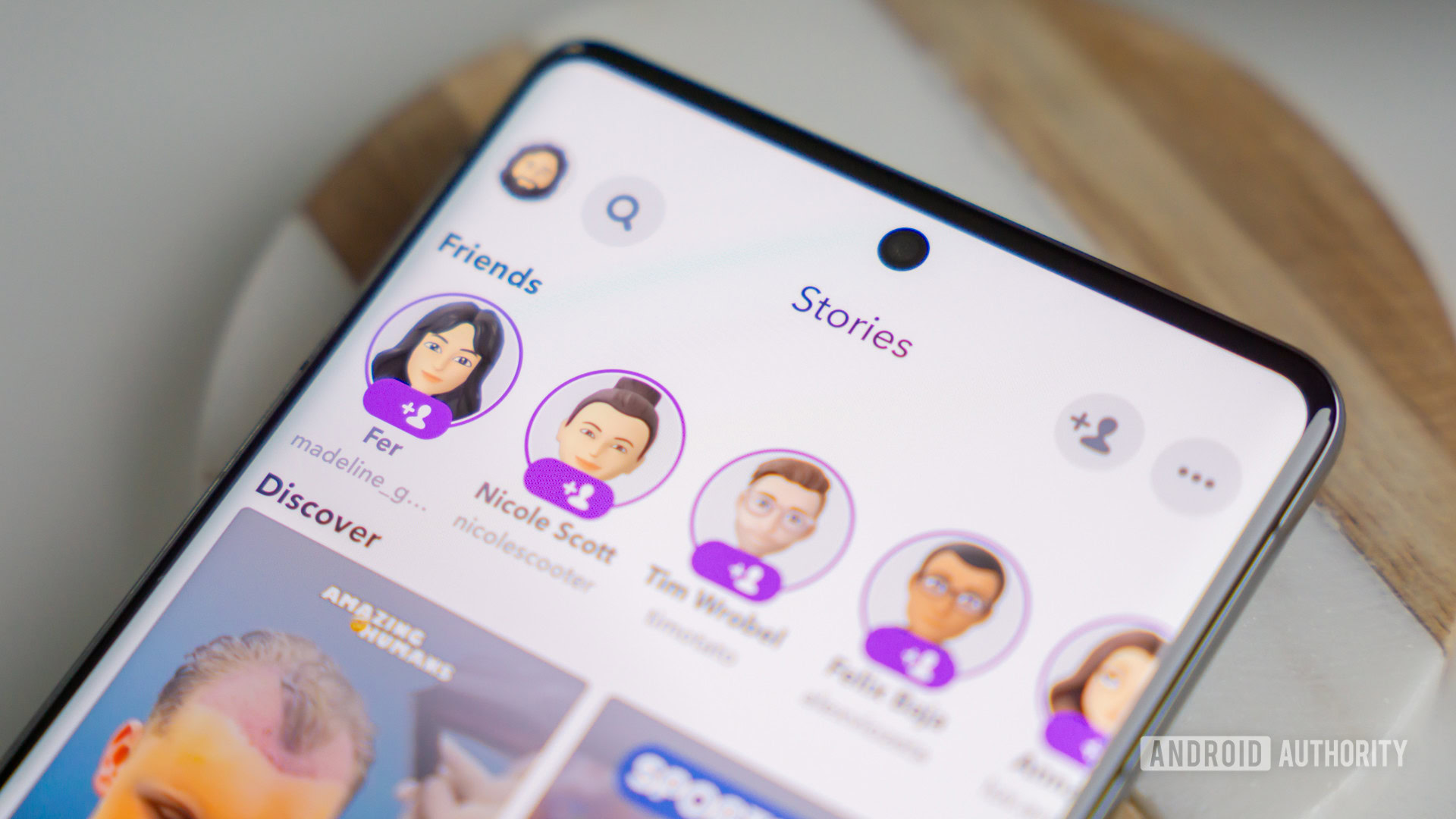
Snapchat is a multimedia messaging app that strongly emphasizes ephemeral and interactive content. It allows users to send photos, videos, messages, and other forms of media that disappear after being viewed, typically within a short time. While it has more of a reputation as a messaging app than a social media platform, Snapchat has added a Discover news feed similar to Instagram’s Explore tab or TikTok’s For You page.
Snapchat primarily appeals to younger users, especially teenagers and young adults, who enjoy sharing casual and spontaneous moments with their friends. It is also popular among individuals who value privacy and want to share content that disappears without leaving a permanent trace. Snapchat also offers a range of interactive features like filters, lenses, stickers, and augmented reality experiences, which engage users in playful and creative ways.
There are two points to note about the disappearing message niche of Snapchat. First, it might be offputting as a Facebook alternative because you’re not building a library of content that you can then relive in future months and years. On the flip side, the appeal of disappearing messages isn’t guaranteed. The recipient can screenshot your message before it vanishes, and while you’ll be notified of this, you can’t stop it from happening.
X/Twitter: News and public discussion
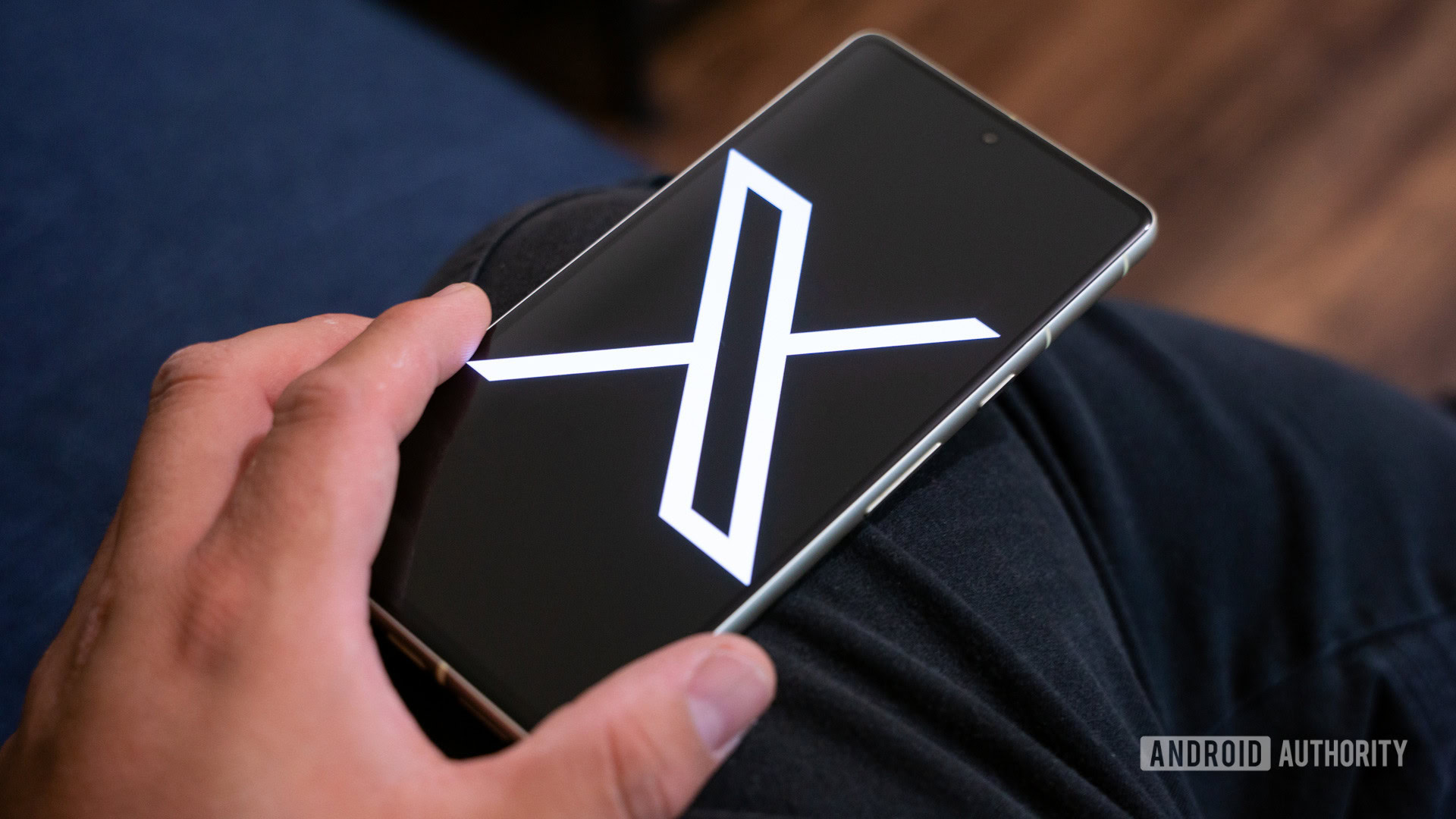
Elon Musk’s site is a microblogging platform that enables users to share and discover short messages called tweets. It is designed for real-time information, public conversations, and connecting with a wide range of individuals. X (formerly Twitter) allows users to follow accounts of their interest and engage in discussions through likes, retweets, replies, and hashtags. If something is going on in the world, you’ll find out about it first on X.
The social media site attracts a diverse user base, ranging from individuals seeking news and updates to those who enjoy sharing their thoughts and opinions. It is especially popular among journalists, politicians, activists, and public figures who use the platform to share breaking news and engage with their followers. X is best suited for users who prefer concise and direct communication and value staying informed and connected to current events.
LinkedIn: Business and networking
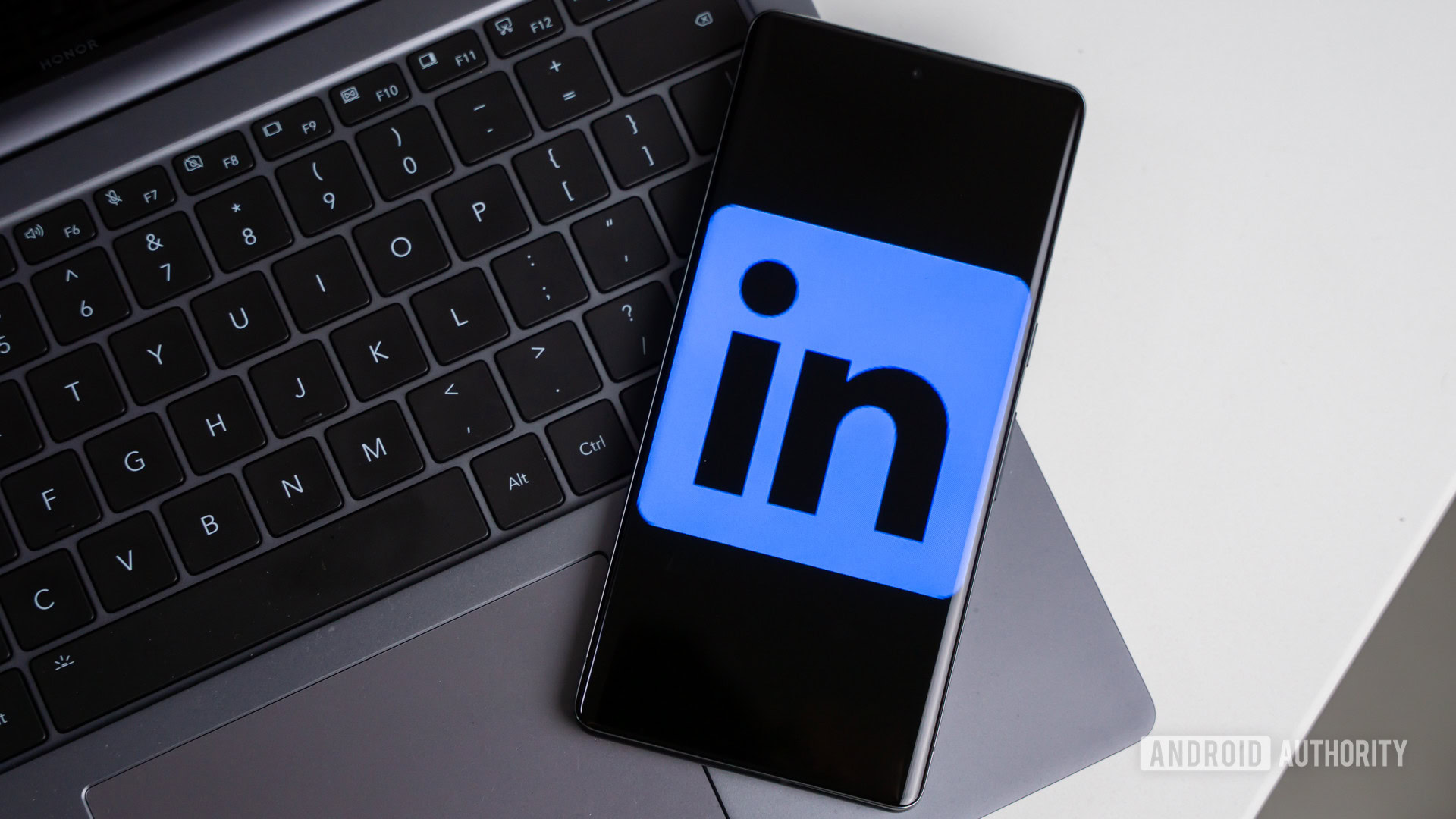
LinkedIn is a professional networking platform that focuses on career development, business connections, and industry-specific discussions. It provides users with the opportunity to create professional profiles, connect with colleagues, peers, and industry professionals, and access job opportunities. While very different to Facebook, if you’re a professional, a job seeker, a recruiter, or a business looking to network, it’s an excellent site for putting yourself out there and engaging with others.
LinkedIn’s primary focus on professional networking and career-related content means that it may not offer the same level of personal or casual interactions as other social media sites. Users looking for a more informal Facebook alternative may find other platforms better suited for their needs.
Reddit: Communities
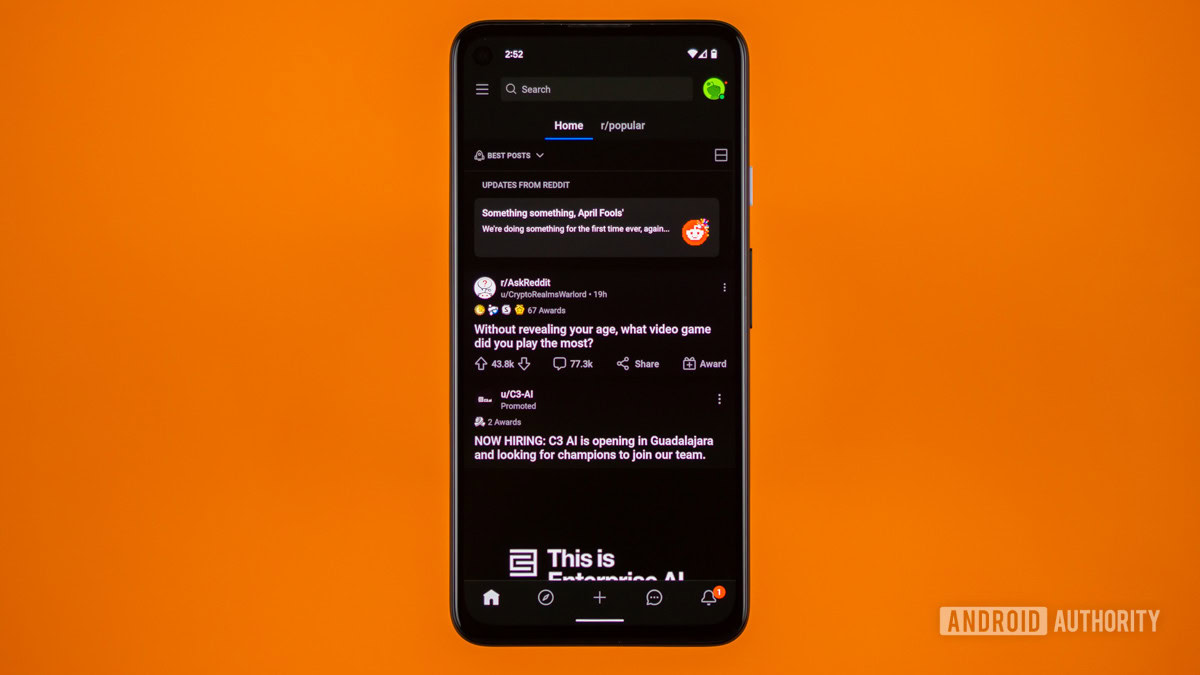
Reddit is the biggest online forum in the world, with different threads and communities known as subreddits in which users can share and discuss content on various topics. If you can think of an issue or aspect of life, there’s undoubtedly a subreddit for it. The site features a voting system that allows users to upvote or downvote posts and comments, determining their visibility and ranking within each subreddit. The platform caters to a wide range of users, from casual internet enthusiasts to passionate hobbyists and experts. Users with specific interests, from technology and gaming to cooking, fitness, or even niche hobbies, can find dedicated subreddits where they can connect with like-minded individuals.
Due to the open nature of Reddit, some subreddits can struggle with moderation and enforce rules consistently. This can result in the presence of misinformation, offensive content, or toxic behavior in certain communities. This certainly isn’t an issue that’s exclusive to Reddit, but it’s something to be mindful of if you decide to join.
Google doesn’t really have a direct Facebook alternative. It did try and launch Google Plus as a social media platform, but it never got much popularity and was shut down in 2019. Google does own YouTube, though, and Google Chrome is one browser on which you can access all of the above sites.
MeWe is a social media platform that acts as a Facebook alternative, with a bigger focus on privacy and with a generally more socially conservative user base. It is yet to come close to the popularity of Zuck’s site, but it is one of the most popular free apps on the App Store.